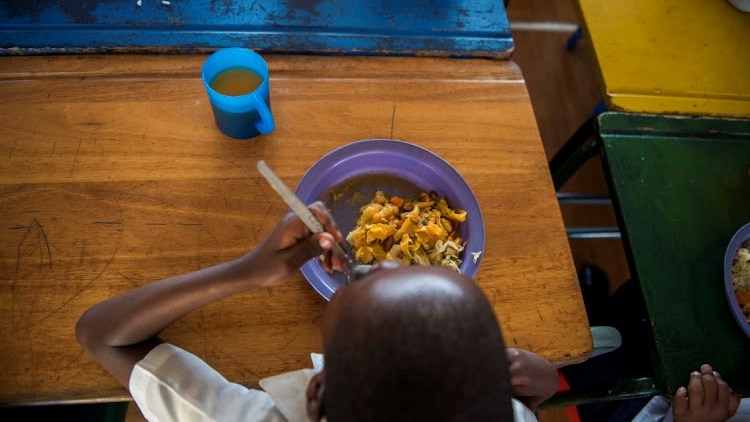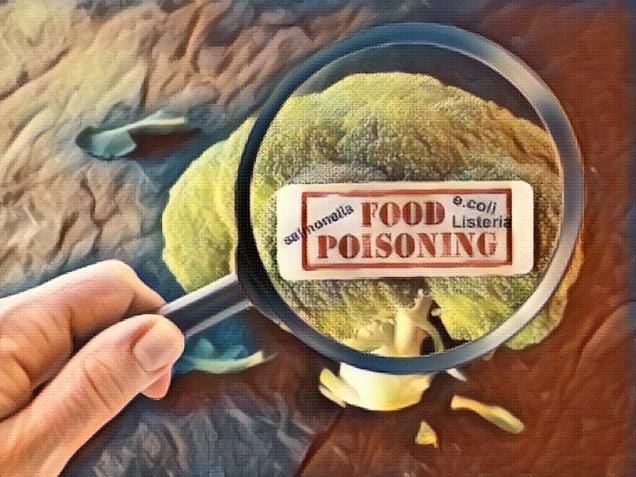Central SA
Expert highlights SA’s light penalties for food safety breaches─── HEIDRÈ MALGAS 12:48 Wed, 20 Nov 2024

Spaza shops have been given 21 days to register with their municipalities or face closure.
The registration started on 17 November and follows reports of food poisoning cases nationwide.
The person in charge faces specific legal consequences when a food safety issue arises in any food facility, said UFS department of microbiology and biochemistry’s Prof. Celia Huge. These include fines or imprisonment as follows:
- First conviction: a fine of R400 or imprisonment for 6 months, or both.
- Second conviction: a fine of R800 or imprisonment for 12 months, or both.
- Third conviction: a fine of up to R2,000 or imprisonment for 24 months, or both.
These penalties in South Africa starkly contrast with food laws in other countries. For example, the 2002 Salmonella outbreak linked to contaminated peanut butter sold by the Peanut Corporation of America resulted in 700 illnesses and nine deaths, Huge said.

When a food safety issue arises in any food facility, the person in charge faces specific legal consequences. Photo: ActionSA
The company’s CEO, Stewart Parnell, was sentenced to 28 years in prison for distributing food that caused foodborne illness.
“In South Africa, we all recall the significant listeriosis outbreak during 2017/18, resulting in 1,060 cases and 216 deaths, mainly due to contaminated polony. The company involved is currently facing a class-action lawsuit. The outcome of this court case will be critical in setting precedents for handling similar cases in the future.”
She added that expired food is sold in formal and informal markets. “While it is not illegal to sell nonperishable food past its expiry date, like canned goods, perishable foods must never be sold past their expiry date due to the risk of pathogen contamination.”

The top preventative measure is gaining knowledge about food safety for anyone handling food and food products. Photo: Western Cape Government
Expired products are occasionally counterfeited by altering the expiry date or removed from their packaging, mixed with undisclosed ingredients, and then repackaged.
Huge said South Africa has a comprehensive set of acts and regulations to regulate food safety controls. Are the responsible departments, however, collaborating effectively to allay food safety concerns?
‘Can local municipalities afford to employ these inspectors?’
Another challenge is the enforcement of legislation. Does South Africa have adequate numbers of food inspectors or environmental health practitioners? Moreover, can local municipalities afford to employ these inspectors?
“The top preventative measure is gaining knowledge about food safety for anyone handling food and food products. Second, ensuring compliance with regulations, and third, having sufficient inspectors in local municipalities.”
Education to identify and avoid expired and unsafe products should begin at the school level. Another suggestion is to display relevant posters on basic food safety regulations in public places like clinics and spaza shops.
“In South Africa, food safety issues do not receive as much attention as food security and other health issues such as HIV/Aids and tuberculosis. However, the recent tragedy involving 22 school children who died from consuming poisoned food purchased at spaza shops and other outlets has prompted authorities to convene with multiple stakeholders to develop new strategies to prevent such fatalities.”
She found it encouraging that authorities and stakeholders aim to address the symptoms but also to tackle the root cause of the problem. Some of these strategies by the department of health include:
- Enhancing surveillance systems, particularly in vulnerable communities and school feeding programmes, will be a priority. Public awareness campaigns focusing on proper food handling, hygiene, and storage practices will aim to educate households, caregivers, and food vendors.
- There will be stricter enforcement of food safety regulations through regular inspections of food outlets and schools. Collaboration with stakeholders, such as the department of education, will ensure that food safety is prioritised in child nutrition programmes.
- Rapid response teams will be established to swiftly investigate sources of contamination and implement corrective measures. Additionally, municipal audits will be conducted to verify that municipalities adhere to environmental health norms and standards for food safety.
“The spaza shops involved in the tragic deaths of children will be shut down immediately,” Pres. Cyril Ramaphosa announced in his address to the nation regarding the 21-day registration period for spaza shops.













